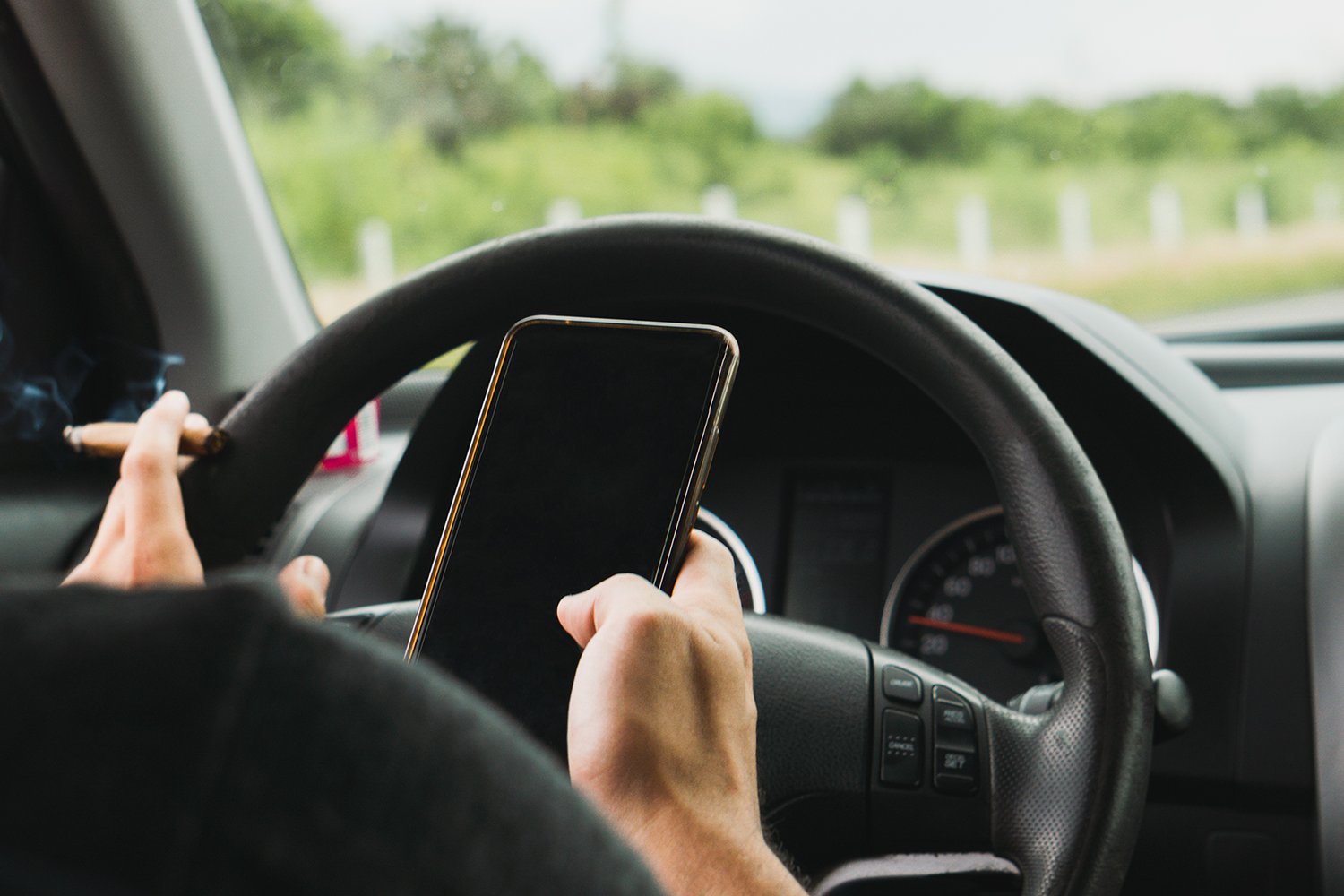By Dr. Nellie-Taylor Walthrust
Getting a driver’s license is a rite of passage that teenagers have been celebrating since the early days of automobiles. Driving makes teens feel more independent than ever before, and it can also provide a break for parents, who spend a great deal of their time carting their kids back and forth from practices and other activities.
But the celebration of this newfound freedom necessitates a crucial conversation and the drawing of a line in the sand: Let them know that driving while using alcohol, marijuana or any other substances is forbidden, and start having these conversations when they are young.
With marijuana use now legal for people 21 years of age and older, your kids may be of the mindset that it’s not a big deal. That’s far from the truth. It’s illegal to drive while under the influence of alcohol and weed or other drugs. According to the NY State Governor’s Traffic Safety Committee, driving under the influence of marijuana subjects you to the same penalties as driving under the influence of alcohol.
And there’s good reason: Marijuana impacts areas of the brain that control perception, balance, coordination, memory and judgment. It can slow reaction times, decrease attention and make it difficult to follow the road and stay in your lane.
We know you don’t want your kids to use marijuana or alcohol, period. But the reality is that many of them do. Having the conversation about safety and driving will not make them any more likely to experiment – in fact, it might have the opposite effect.
Here are some sobering statistics:
- 23% of teens admit they have driven under the influence of alcohol, prescription drugs or marijuana.
- Teen drivers 16-19 have a fatal crash rate almost three times as high as drivers ages 20 and older.
- The percent of crash deaths involving cannabis more than doubled from 9% in 2000 to 21.5% in 2018.
- 24% of teens reported that within the previous month, they had been a passenger in a car with a driver who had been drinking alcohol or using drugs.
As a parent, what can you do to minimize the risks?
The Centers for Disease Control and Prevention suggests creating a Parent-Teen Driving Agreement that clearly sets expectations and limits. Sit with your teen and write down the hazards of driving while impaired and the consequences for breaking the rules. Put it on your refrigerator and update it as your teen gains experience and more driving privileges. (Visit cdc.gov for a sample agreement.)
If your teen plans to go to a party, make sure you talk to the parents where the festivities are being held. Ask if there will be supervision and if alcohol is being served—and if your teens are under 21, the answer should be a resounding no.
Despite taking all precautions, your teens may find themselves in a situation where they are being pressured to drink or use drugs. Tell them that you will be willing and able to get them at any time during the night—and that if they or their friends have been drinking or using drugs, they should contact you for a ride.
As parents, we must do all we can to educate our kids about the dangers of driving while impaired, but we also need to face the reality that even “good” kids can start heading down a dangerous path. Keep the lines of communication open, and if you suspect there may be a problem, consider contacting a professional who is trained in alcohol and substance use.
Bottom line: Let your teen know that driving requires their full attention, so marijuana, alcohol or any kind of substances are not allowed – and that means no texting, too!
 Dr. Nellie Taylor-Walthrust is the Director of at North Shore Child & Family Guidance Center’s Leeds Place, which operates an Adolescent Outpatient Chemical Dependency Treatment Program. Substance use services include counseling youths who are alcohol and drug abusers, children who live in families with a parent who is suffering from alcoholism or drug addiction and youths who have co-occurring chemical dependency and mental health problems. Prevention services are offered to local school districts. Call (516) 626-1971 to learn more.
Dr. Nellie Taylor-Walthrust is the Director of at North Shore Child & Family Guidance Center’s Leeds Place, which operates an Adolescent Outpatient Chemical Dependency Treatment Program. Substance use services include counseling youths who are alcohol and drug abusers, children who live in families with a parent who is suffering from alcoholism or drug addiction and youths who have co-occurring chemical dependency and mental health problems. Prevention services are offered to local school districts. Call (516) 626-1971 to learn more.
Photo credit (for the driving photo): Adobe Stock, By Habitante Stock














